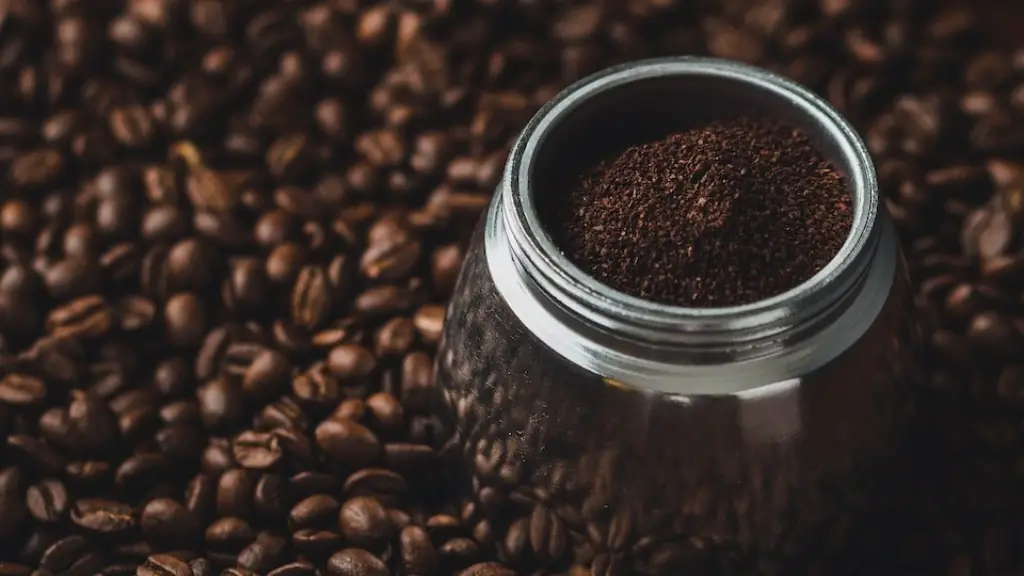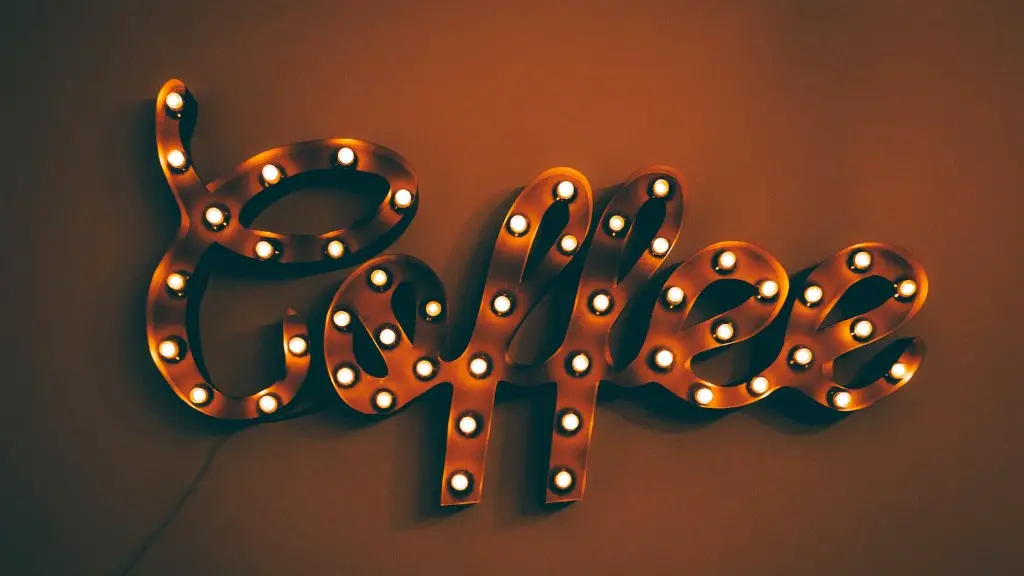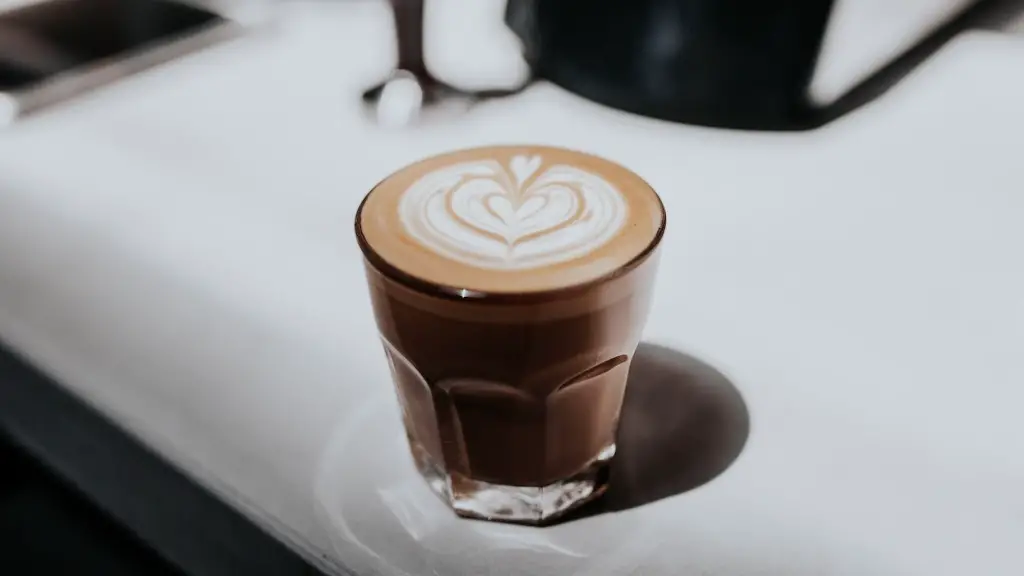Adenosine and Caffeine Inhibitory Effects
Do you feel more tired after drinking coffee? Caffeine is known to be a stimulant, yet many people find that it makes them feel drowsy. This can be explained by the inhibitory effects of adenosine, a naturally occurring chemical, and the stimulatory effects of caffeine.
According to experts, adenosine is related to sleepiness and tiredness in the body. During wakeful activities, it gets released in the brain, slows down the brain activity and pushes the body to sleep. Adenosine therefore acts as an inhibitor of wakefulness. Drinking coffee help block the effects of adenosine, as caffeine has a similar chemical structure to adenosine and binds to the receptors in the brain that adenosine usually would.
After the initial stimulating affect of caffeine has worn off, the sleep promoting effects of adenosine could become more dominant. Specifically, when the caffeine wears off, adenosine will not be inhibited by caffeine any more, and will start to stimulate the peak of its effects, causing tiredness and drowsiness.
Sleep Deprivation and Stress
A further reason why you might become more tired after drinking coffee is due to the body’s natural response to sleep deprivation and stress. Inadequate sleep and chronic stress can both cause an increase in the amount of cortisol and adrenaline in the body, resulting in fatigue. Caffeine increases adrenaline in the body, and so drinking coffee can exacerbate the effects of stress and sleep deprivation.
A lack of sufficient sleep also leads to an increase in the brain’s reward threshold, making it harder to get pleasure or satisfaction from activities. This can make it difficult to stay alert, focused and motivated, and so even if you are drinking coffee, you might be more prone to feeling sluggish.
It is therefore important to ensure you are getting enough sleep, and reducing any stress in your life. This will help you keep your reward threshold high, so that when you do drink coffee, you will maximize the stimulant effects and so won’t feel any more tired as a result.
Timing of Coffee
It is also important to consider the timing when it comes to drinking coffee to avoid becoming more tired. Drinking coffee late in the day can disrupt your sleep and so lead to feeling more sluggish the next day. Experts recommend having your last cup of coffee at least six hours before going to bed to ensure you get the optimal rest.
It is also worthwhile reviewing how much caffeine you are consuming in a day. In general, it is recommended that you consume no more than 400mg of caffeine per day, which is the equivalent of around four cups of coffee. Exceeding this amount can cause different symptoms such as restlessness, irritability and insomnia, leading to increased tiredness.
Other Factors
Other factors can influence the effects of caffeine on your body, such as your body’s sensitivity to caffeine, your age, and your overall lifestyle. Therefore, it is not just coffee that can affect your fatigue levels – your overall dietary habits, stress levels, sleep quality and activities all play a part.
It is important to consider all of these factors when examining why you are more tired after drinking coffee. It may be that coffee is not the problem, but rather other lifestyle factors that are making it harder for your body to get the rest it needs.
Genetics and Genetics
In addition, it is possible that you may have a genetic predisposition to feeling tired after consuming coffee. Studies show that people of certain genetic backgrounds may feel more fatigued after consuming coffee, suggesting that specific genes determine how caffeine affects the body alike.
Interestingly, research also shows that there are variations in the amount of caffeine people can consume before they start to experience the effects of sleepiness. Some people report that even one cup of coffee can make them feel tired, whereas for others it takes a much larger amount. Therefore, it is possible that genetics can influence how you react to coffee.
Caffeine Tolerance
Furthermore, drinking too much coffee can lead to the body becoming tolerant of caffeine. This can mean that you have to drink more coffee to experience the same level of alertness and stimulation. As a consequence, you can become increasingly tired once the caffeine has been metabolized.
For this reason, it is important to stick to the recommended daily intake of caffeine outlined earlier, rather than drinking large amounts of coffee in a bid to combat tiredness. If you find yourself becoming tolerant of the caffeine, it could be beneficial to abstain from coffee for a few days to help you reset your body’s tolerance levels.
Summaryof Advice
To summarize, there are several factors that could explain why you feel more tired after drinking coffee. Adenosine and caffeine’s inhibitory and stimulatory effects can make you more drowsy, particularly if you drink coffee late in the day or consume more than the recommended daily intake. A lack of sleep and chronic stress can also contribute to fatigue, as well as the individual’s genetic makeup and caffeine tolerance levels.
Therefore, it can be beneficial to look at all of these factors when trying to understand why coffee is making you more tired, and then adjust your lifestyle accordingly to maximize the alertness-enhancing effects of caffeine.




